How powerful is Iran?
Islamic republic is facing domestic dissent and 'economic peril' but has a vast military, dangerous allies and a nuclear threat
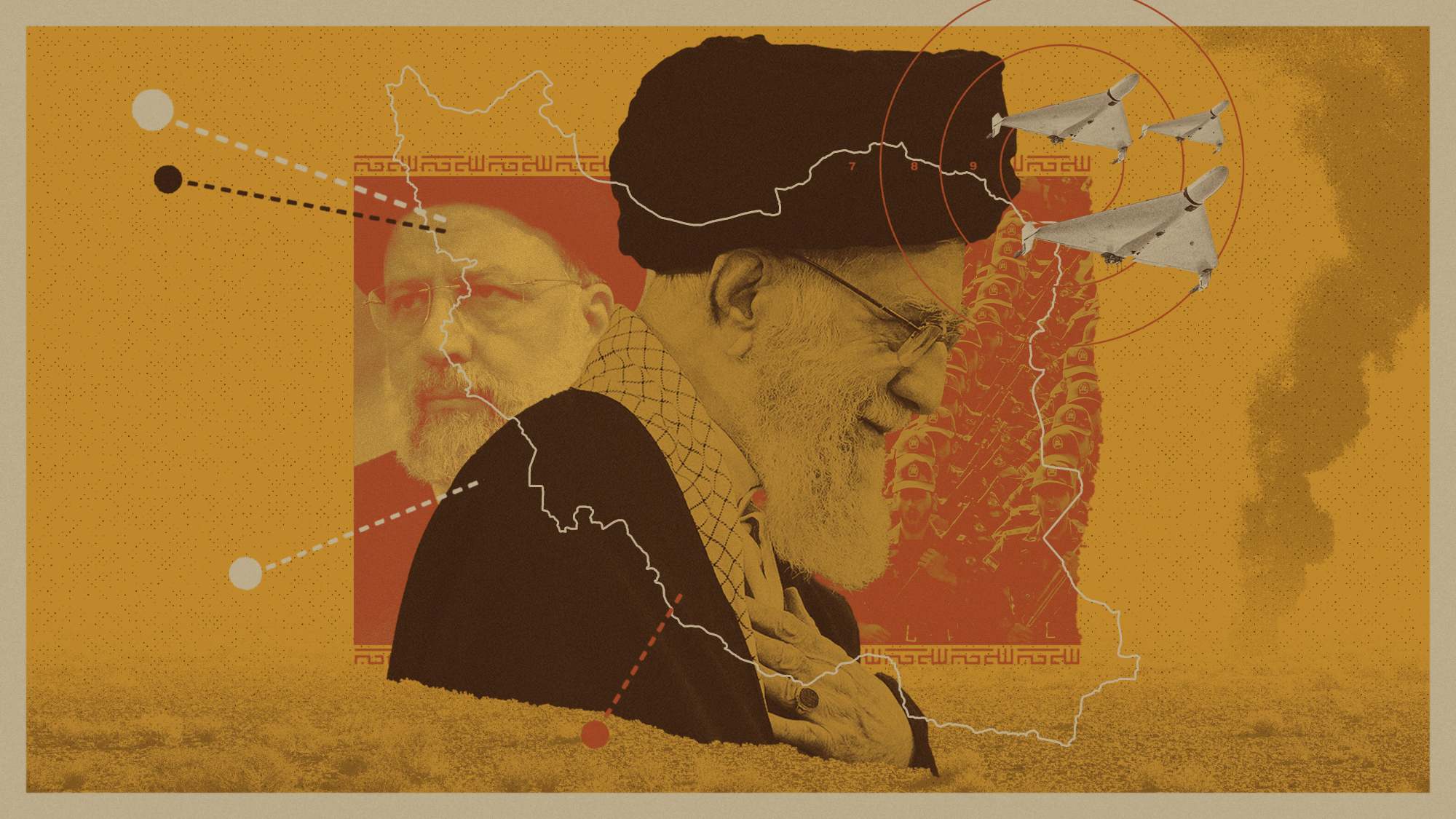
"No move by any enemy against our sacred system goes unanswered," said Iran's supreme leader, Ali Khamenei, after Israel's deadly strike on the Iranian consulate in Syria two weeks ago.
Iran answered with its first ever direct attack on its long-time foe Israel, launching a barrage of drones and missiles and crossing what for decades was an "unthinkable red line", said Politico. The Islamic Revolutionary Guard Corps, Iran's powerful militia, claimed responsibility for the strikes, calling them retaliation for Israel's 1 April attack on the Iranian consular building in Damascus that killed several of its commanders and its chief regional official.
The Israeli military, with allies including the US and the UK, destroyed most of the Iranian missiles in "an impressive display of force", said Sky News's security and defence editor Deborah Haynes, utilising Israel's famed Iron Dome defence system. But such a feat "could not be guaranteed to be as successful" if Iran were to launch more attacks in response to any Israeli retaliation.
Subscribe to The Week
Escape your echo chamber. Get the facts behind the news, plus analysis from multiple perspectives.

Sign up for The Week's Free Newsletters
From our morning news briefing to a weekly Good News Newsletter, get the best of The Week delivered directly to your inbox.
From our morning news briefing to a weekly Good News Newsletter, get the best of The Week delivered directly to your inbox.
What did the commentators say?
Despite Iran's "superior numbers", Israel's military hardware is "far more sophisticated", said the Financial Times. That's why Khamenei has long avoided direct conflict with Israel, and "relied on asymmetrical warfare" and regional proxies like Hezbollah in Lebanon, Houthi rebels in Yemen and Hamas in Gaza, as well as militias in Iraq and Syria.
This attack, although unprecedented, was a "clearly telegraphed" display of force, calibrated to restore Iran's deterrent and bolster its image among its proxies. Iran offered proof that it would "back its threats", but signalled that it wanted to avoid any escalation with the US, or a full-scale war with Israel.
That's a scenario the Islamic republic would likely not survive, said Daniel Markind in Forbes. The currency has "crashed" since the Damascus attack, losing 30% of its value. The country "faces potential economic peril", long battered by Trump-era sanctions, and is increasingly polarised, with rising discontent against the repressive regime and reluctance to go to war.
But this was still "a bigger attack than many analysts expected", said the BBC's international editor Jeremy Bowen. The fact that Israel and its allies shot down almost all of the drones may make it harder for Iran to restore its "sense of deterrence" lost in the Damascus attack.
Indeed, the fact that Iran struck at all was evidence of an "increasingly emboldened" authoritarian state, said Haynes on Sky News. Iran has also won itself "a diverse array of allies around the world", from communist North Korea to socialist fellow oil-sanctioned Venezuela, said Richard Spencer in The Times.
For all its militias, Iran "has little in the way of brute force to compete with the American navy or even the Israeli air force, if it comes to out-and-out combat". But Hezbollah, Iran's Lebanese proxy and greatest ally, "has no rival strong enough to disarm its massive arsenal of missiles pointed at Israel".
In fact, Israel's success could lead Iranian military officials to conclude "they need more powerful weapons", said David E. Sanger, a Middle East and superpower conflict reporter, for The New York Times. "And they may conclude that their logical next step is to move – overtly or covertly – toward a nuclear weapon."
Iran's "limited response" to the Damascus strike may well reflect "the imbalance of power in Israel's favour", said Trita Parsi, an Iran analyst and co-founder of the Quincy Institute for Responsible Statecraft think tank, on X. "But think further and you'll realise how this episode will strengthen those in Tehran who believe Iran must go nuclear."
What next?
The Iranians have signalled that, in their mind, "the incident is over", said Sanger, having avenged the deaths of its commanders. But "over" could simply refer to "an end to the missile barrage, not other forms of escalation".
Experts say Iran has "every incentive to proceed with its nuclear program, both to taunt the West and to build what it always calls its 'deterrent' against Israel", the region's other undeclared nuclear weapons state. The best case scenario would be that Iran "recognizes the danger" too.
But Netanyahu's Israel "has proven increasingly unpredictable", said Tamara Qiblawi on CNN. Iran's threats of more severe action in case of escalation "may fall on deaf ears in Israel, to its own peril".
A free daily email with the biggest news stories of the day – and the best features from TheWeek.com
Harriet Marsden is a writer for The Week, mostly covering UK and global news and politics. Before joining the site, she was a freelance journalist for seven years, specialising in social affairs, gender equality and culture. She worked for The Guardian, The Times and The Independent, and regularly contributed articles to The Sunday Times, The Telegraph, The New Statesman, Tortoise Media and Metro, as well as appearing on BBC Radio London, Times Radio and “Woman’s Hour”. She has a master’s in international journalism from City University, London, and was awarded the "journalist-at-large" fellowship by the Local Trust charity in 2021.
-
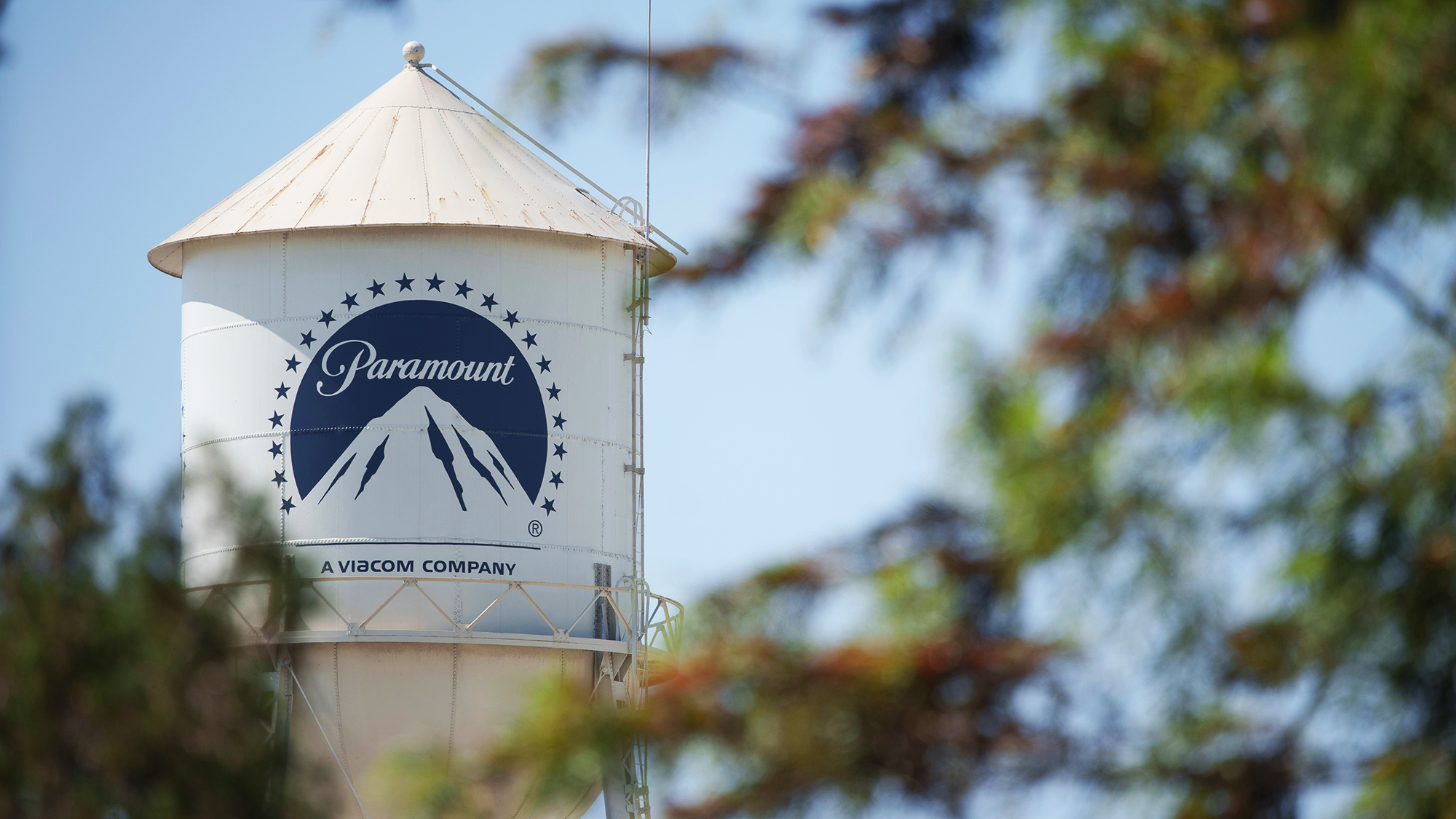 FCC greenlights $8B Paramount-Skydance merger
FCC greenlights $8B Paramount-Skydance mergerSpeed Read The Federal Communications Commission will allow Paramount to merge with the Hollywood studio Skydance
-
 A potential railway megamerger raises monopoly questions
A potential railway megamerger raises monopoly questionsThe Explainer Union-Pacific and Norfolk Southern would create the country's largest railway operator
-
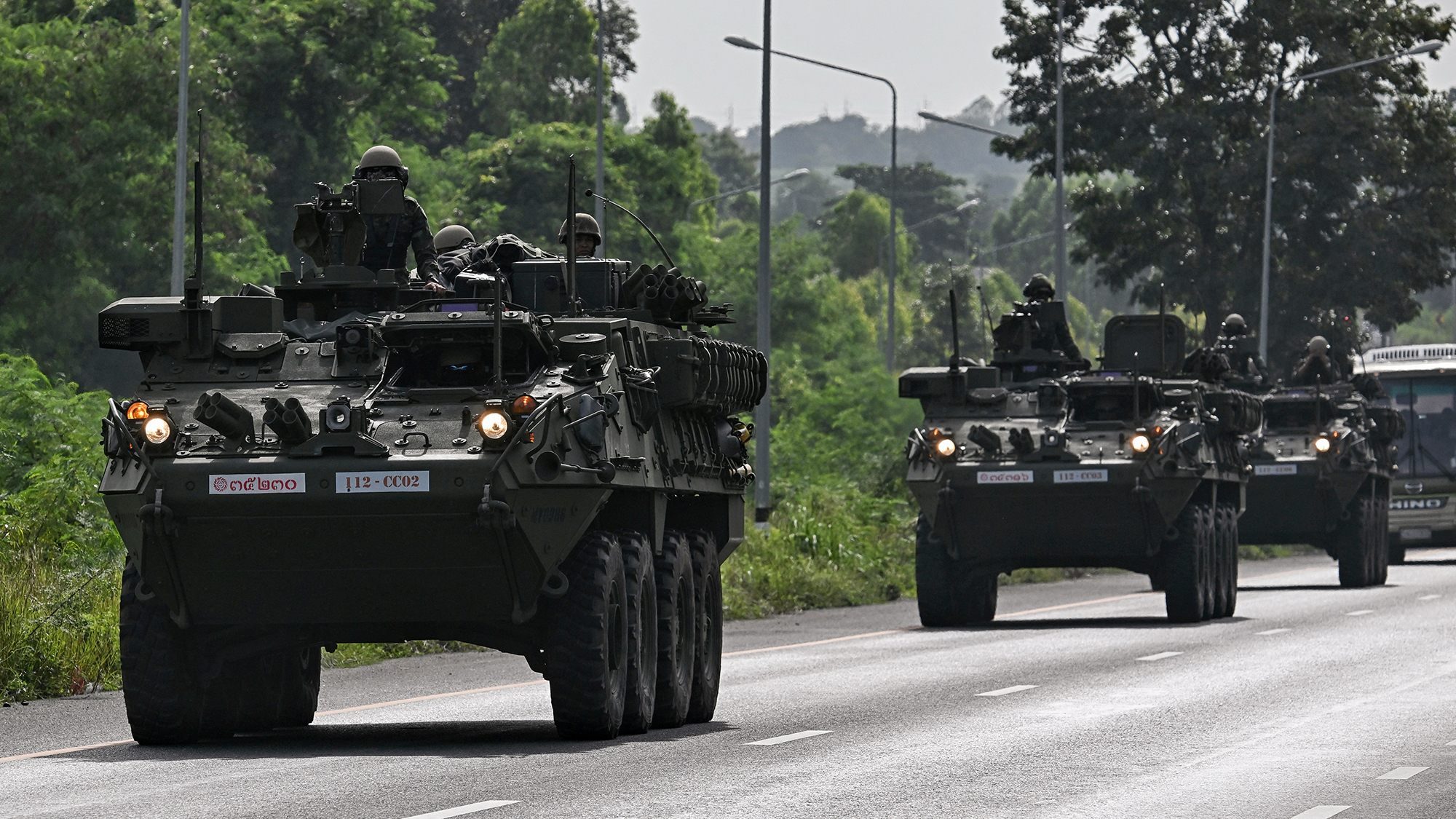 At least 12 dead in Thai-Cambodian clashes
At least 12 dead in Thai-Cambodian clashesSpeed Read Both countries accused the other of firing first
-
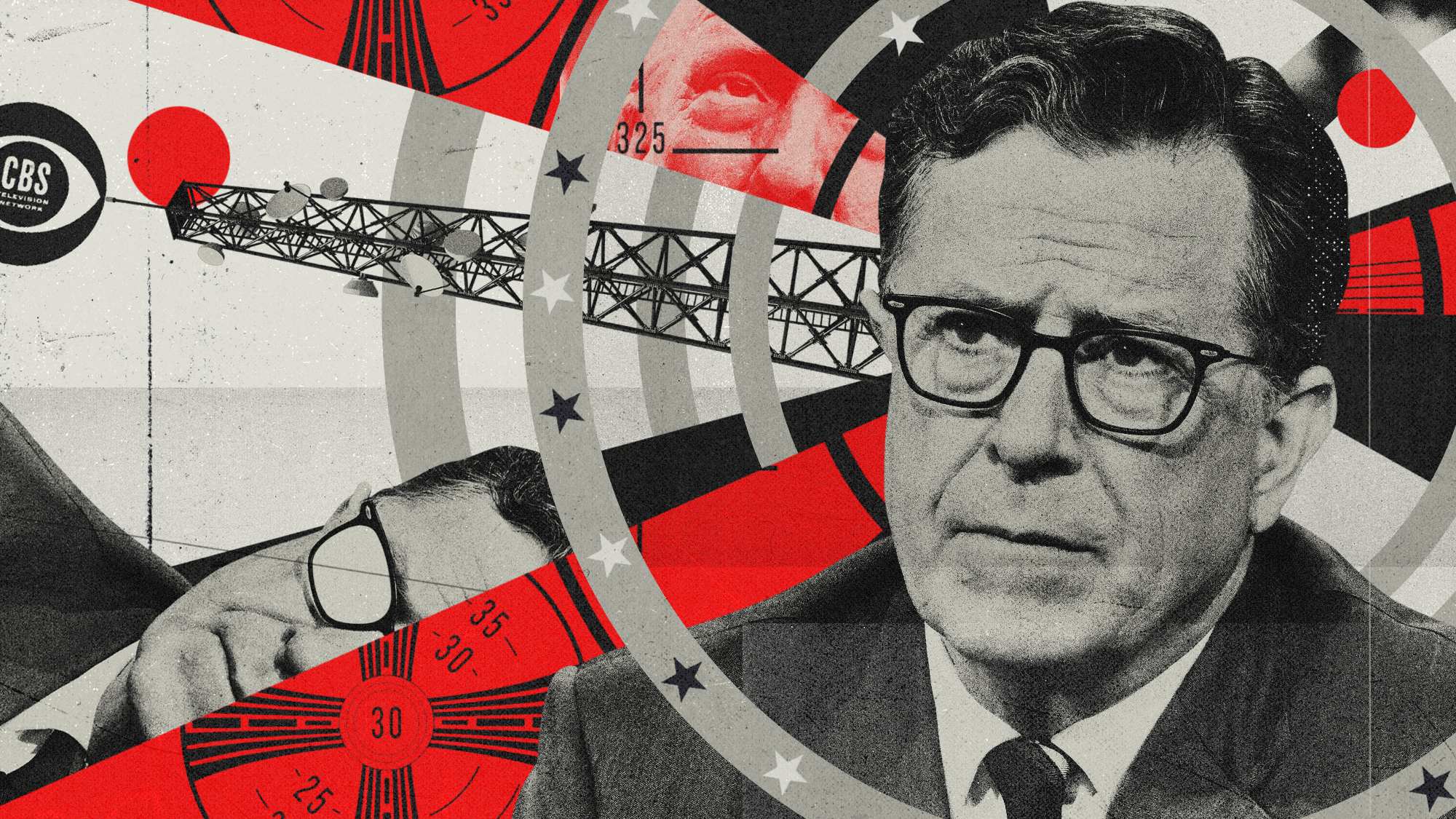 Is Stephen Colbert's 'Late Show' cancellation an omen of something worse?
Is Stephen Colbert's 'Late Show' cancellation an omen of something worse?TODAY'S BIG QUESTION CBS said its decision to end the talk show was strictly business. But the timing and nature of the announcement has some observers wondering if there's more at play behind the scenes.
-
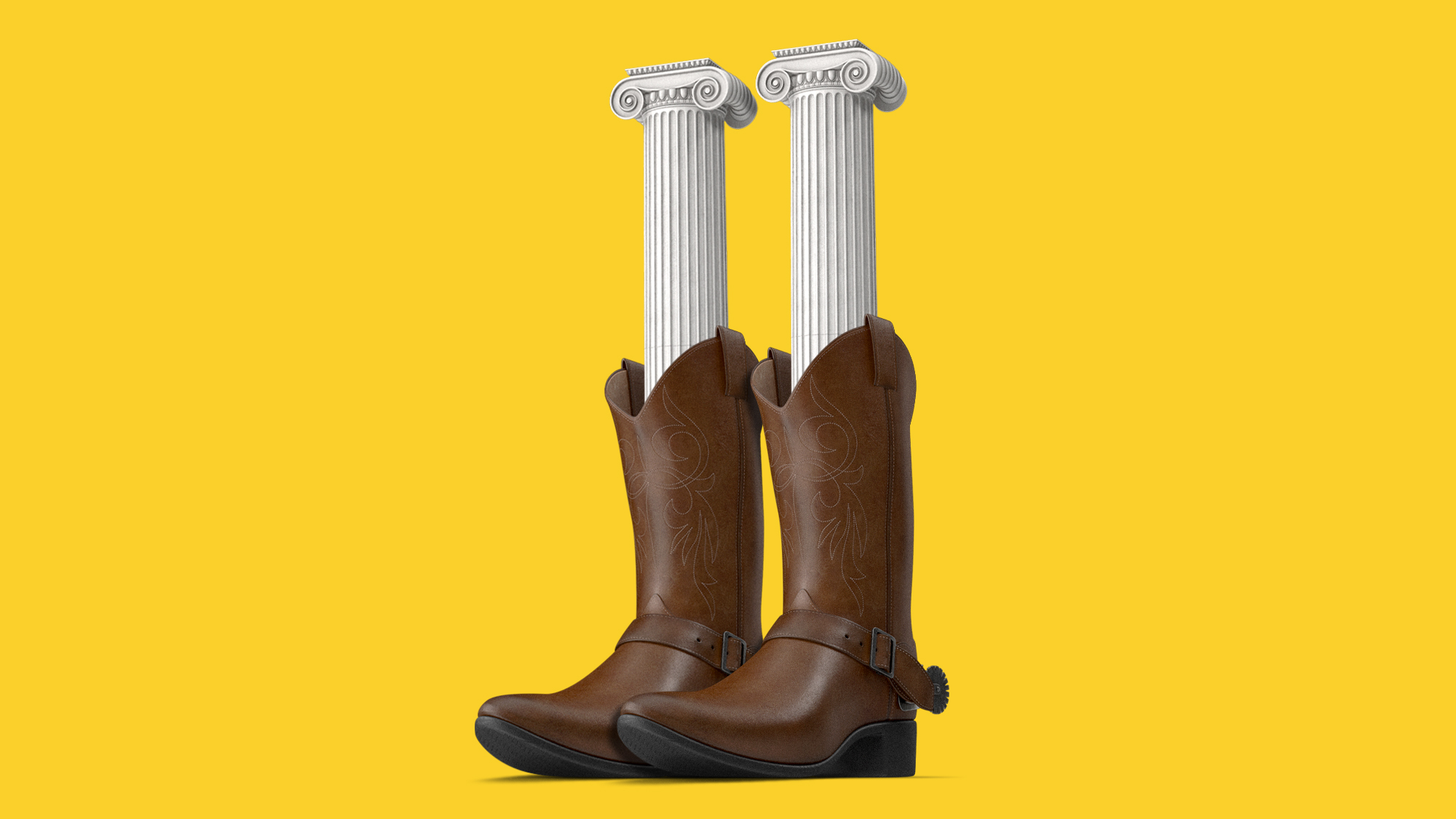 Can Texas redistricting save the US House for the GOP?
Can Texas redistricting save the US House for the GOP?Today's Big Question Trump pushes a 'ruthless' new plan, but it could backfire
-
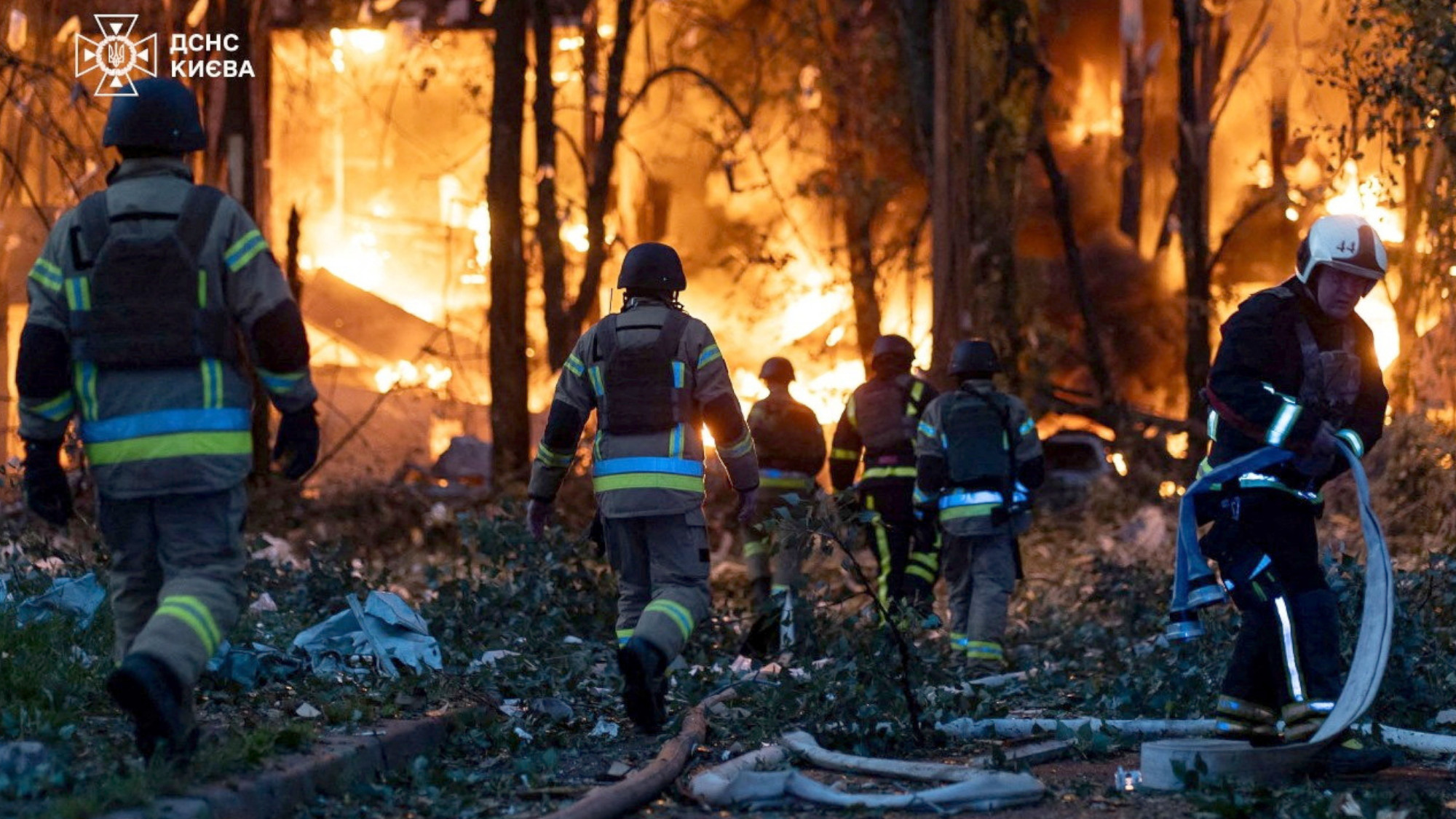 Ukraine: Trump's mixed messages
Ukraine: Trump's mixed messagesFeature Trump reverses a Pentagon freeze on Patriot missiles to Ukraine as Russia ramps up air attacks
-
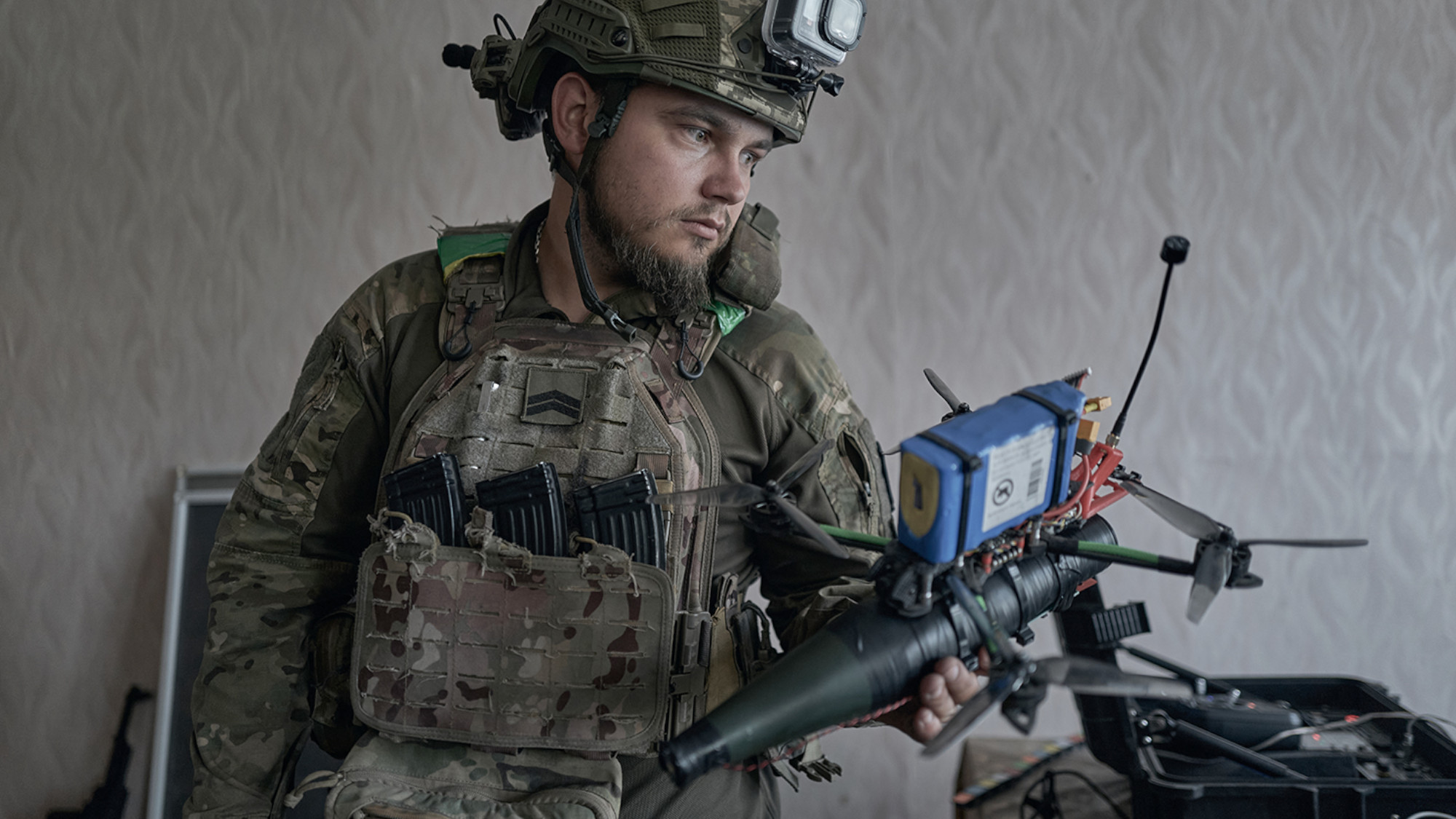 Death from above: Drones upend rules of war in Ukraine
Death from above: Drones upend rules of war in UkraineFeature The world's militaries are paying close attention to drone use in the Russia-Ukraine war
-
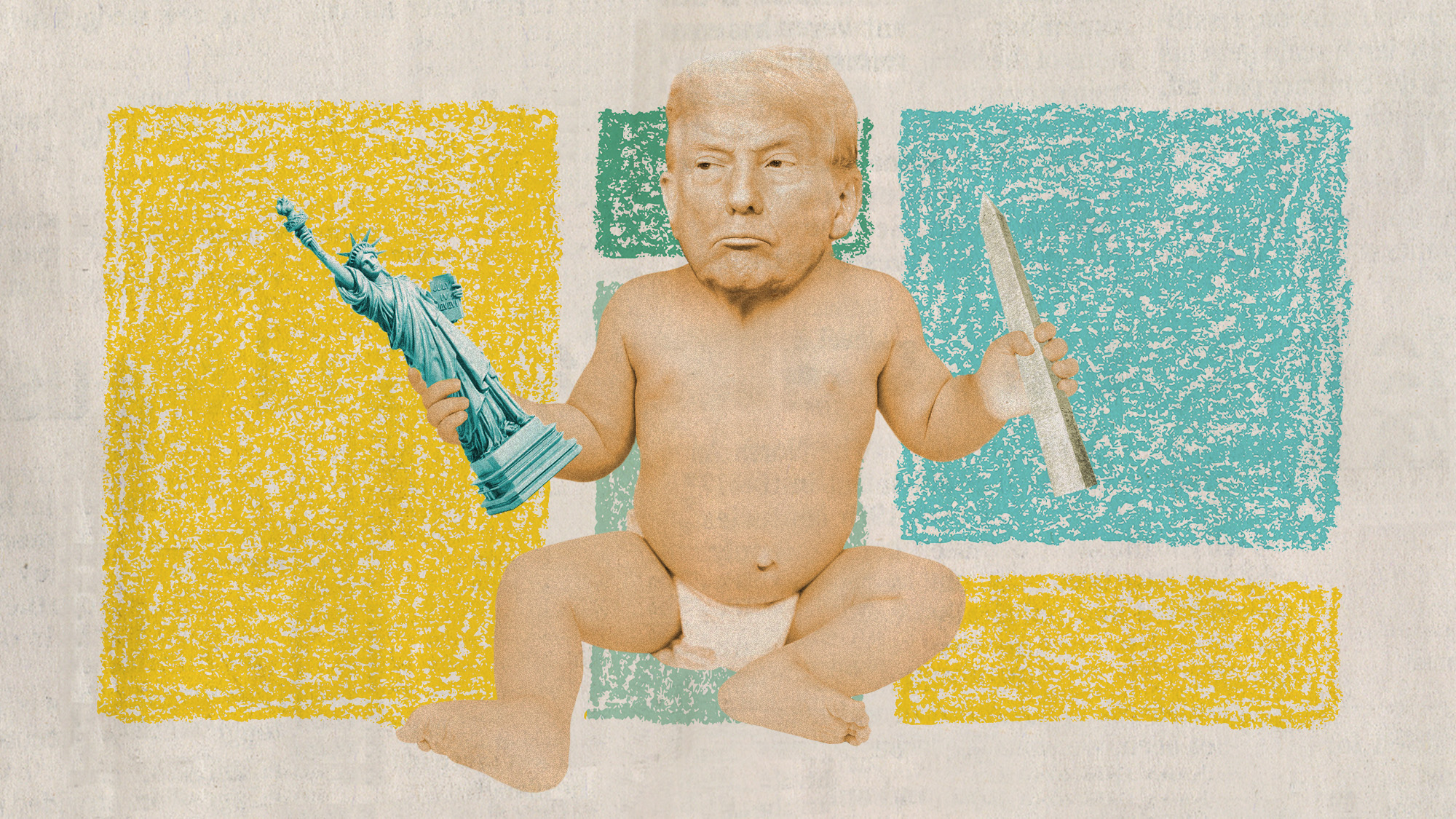 Could Trump really 'take over' American cities?
Could Trump really 'take over' American cities?Today's Big Question Trump has proposed a federal takeover of New York City and Washington, D.C.
-
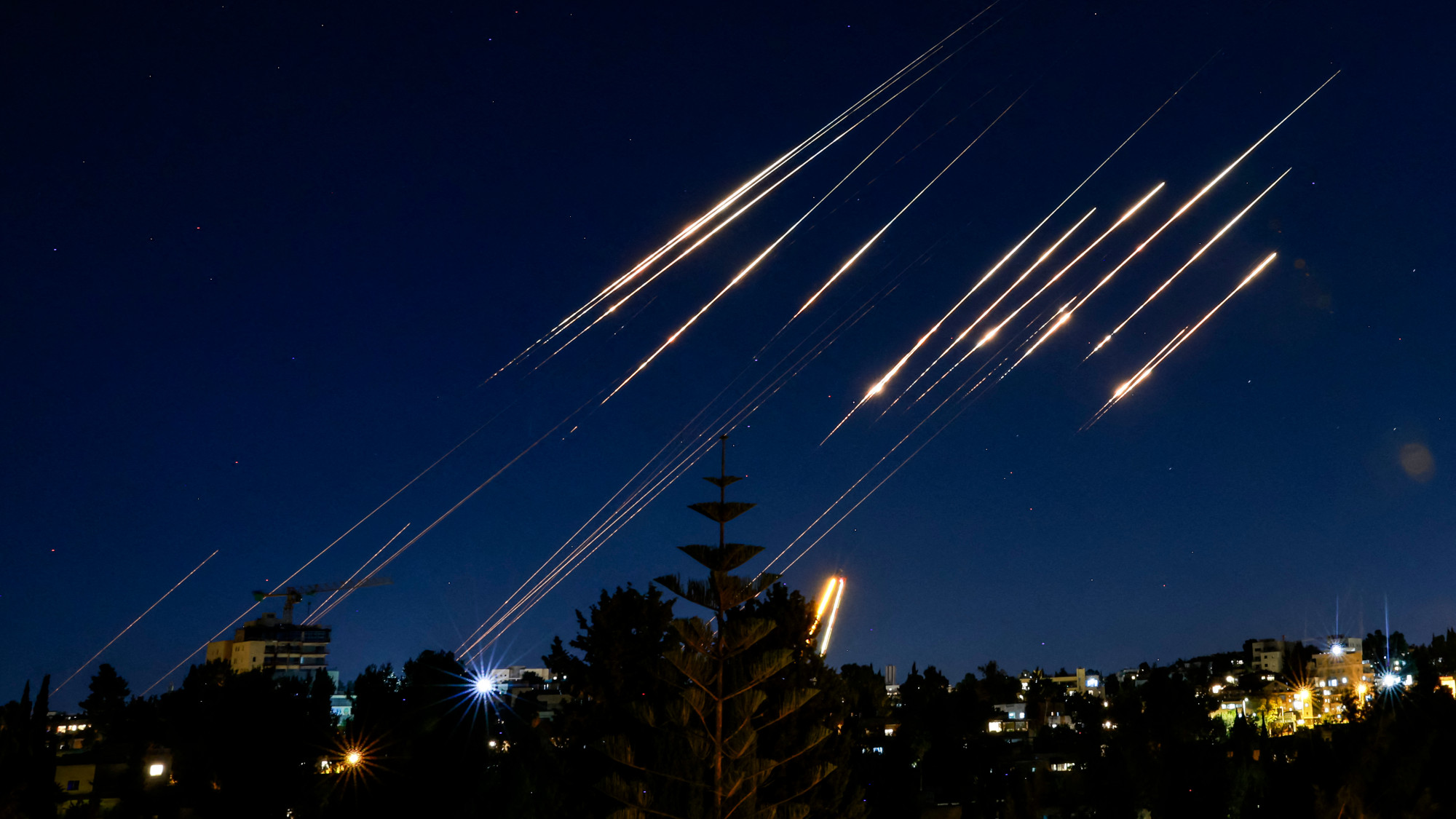 Iran: Is regime change possible?
Iran: Is regime change possible?Feature The U.S.-Israeli attack exposed cracks in Iran's regime
-
 How will Trump's megabill affect you?
How will Trump's megabill affect you?Today's Big Question Republicans have passed the 'big, beautiful bill' through Congress
-
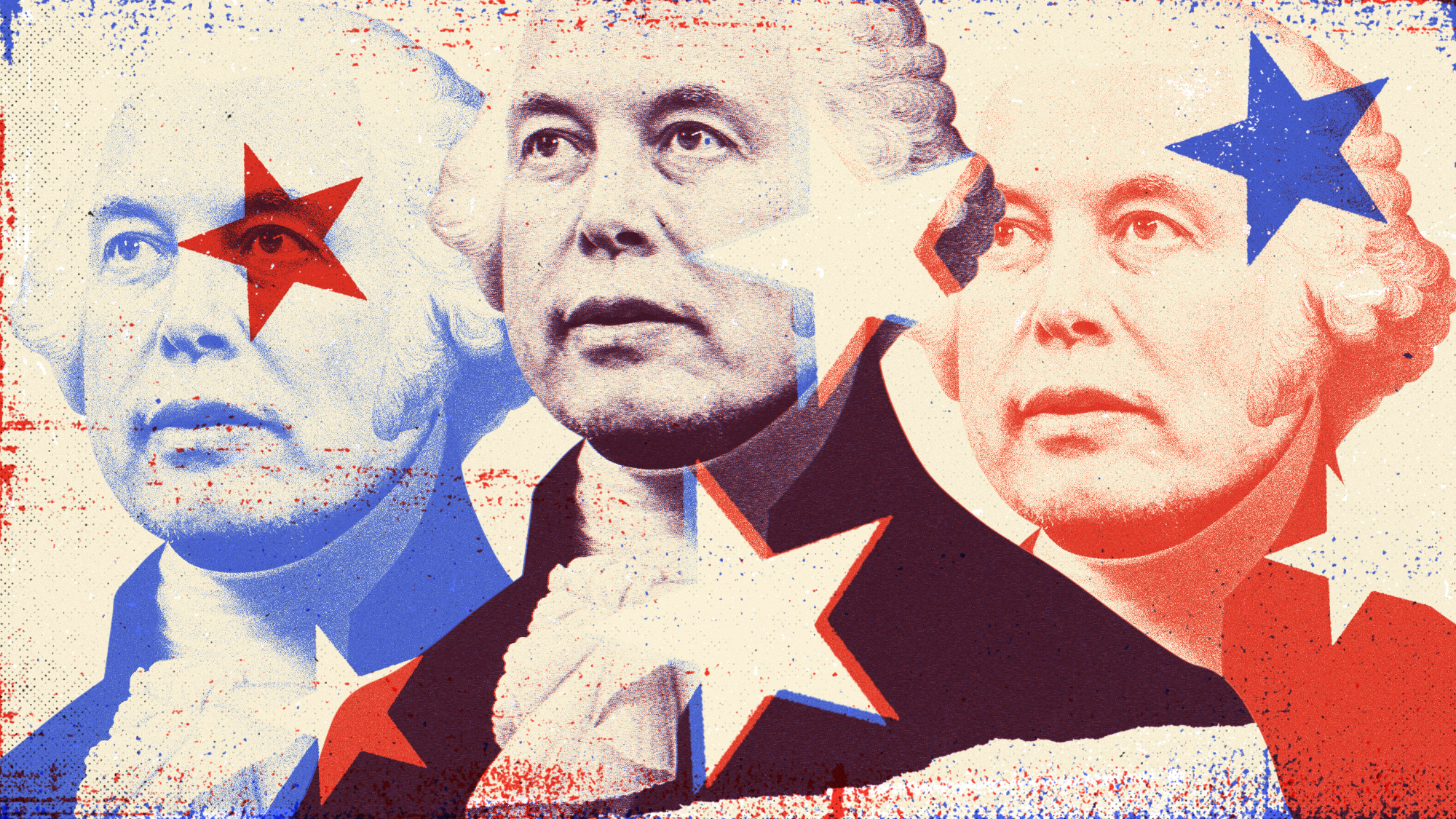 How successful would Elon Musk's third party be?
How successful would Elon Musk's third party be?Today's Big Question Musk has vowed to start a third party after falling out with Trump